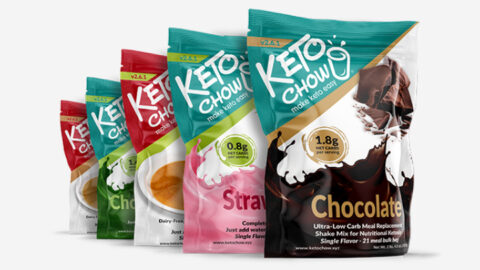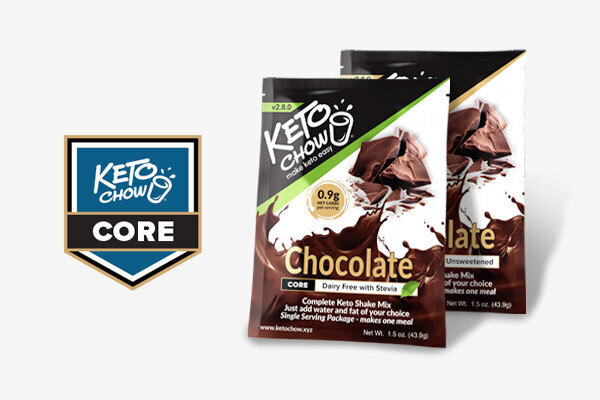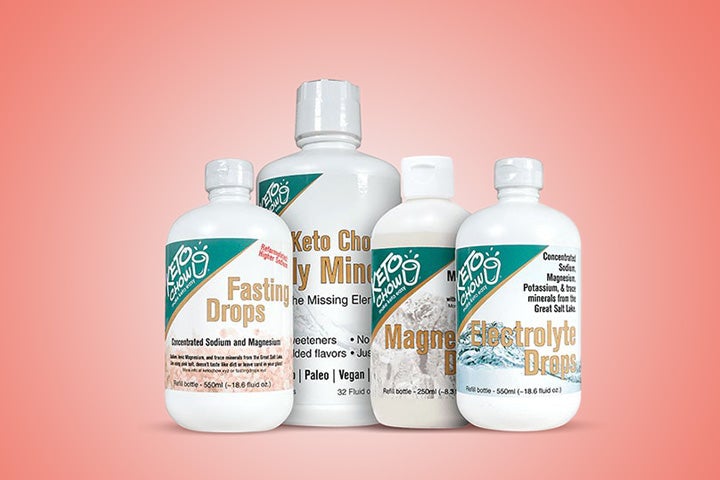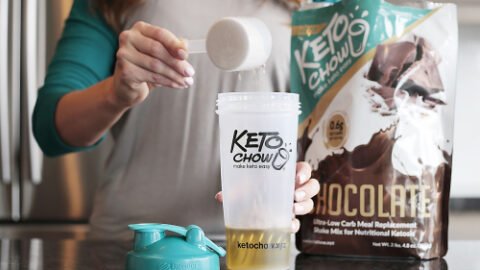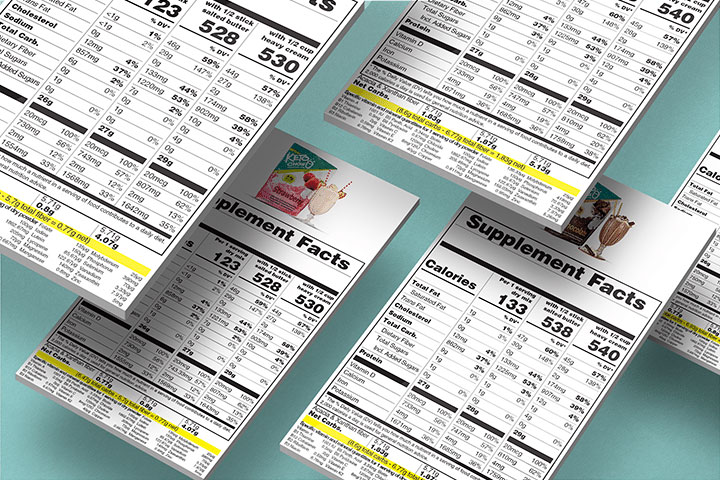Rather than asking if older people can follow a keto diet, reframe it as, “Can seniors eat good quality proteins, healthy fats, and non-starchy vegetables?” When you ask it that way, the answer is obvious.
We know that children can follow keto diets because ketogenic diets were first developed as a treatment for children with drug-resistant epilepsy. But what about older people? Is it safe for seniors to do keto? Are there any specific issues older folks should be aware of if they want to try keto? Let’s take a closer look.
Keto is Just Real Food

Like I mentioned in my article on keto and breastfeeding, asking whether it’s safe for someone to do keto is asking the wrong question. Rather than asking if older people can follow a keto diet, reframe it as, “Can seniors eat good quality proteins, healthy fats, and non-starchy vegetables?” When you ask it that way, the answer is obvious.
Keto isn’t a dangerous fad. It’s a medical therapy that’s been around for over a century, and carbohydrate restriction in general has been used since at least the 1790s. So it’s safe to say that keto has stood the test of time.
Emphasize Protein

The term “keto” is sometimes used interchangeably with the abbreviation “LCHF,” for low-carb, high-fat. But in the case of older people, it might be better to frame the diet as higher protein, very low carb.
Research indicates that seniors need more protein than the standard recommended amount. The current recommended dietary allowance (RDA) for protein for adults is 0.8 grams of protein per kilogram of body weight per day. This was shown to be potentially inadequate for facilitating maintenance of muscle mass in older adults.
And the sad reality is, some older people might not even be getting that paltry amount, especially if they live alone.
Seniors who live by themselves are more likely to have a bowl of cereal for dinner or boil some noodles rather than making the effort to grill a steak or bake a pork chop. Plus, some older people have trouble chewing tough cuts of meat, which makes soft foods that are high in carbs (like mashed potatoes or oatmeal) even more appealing.
Ways to overcome roadblocks
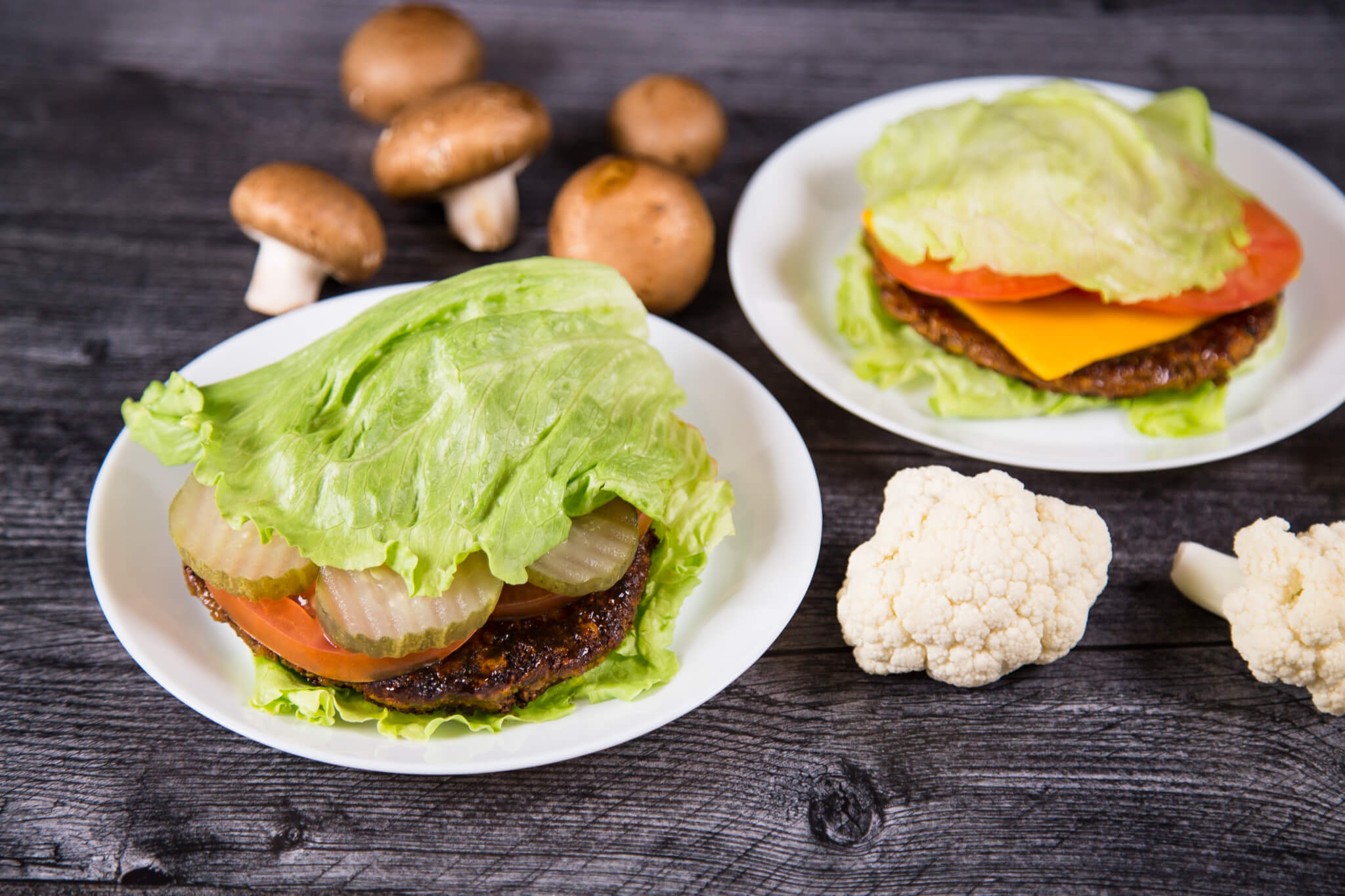
But those issues don’t need to be roadblocks to an older person following a keto diet and eating enough protein. Tough cuts of meat can be made very tender in a slow cooker or pressure cooker, and these include cuts that are rich in collagen – like oxtails or beef shanks – which might be especially beneficial for people with joint pain and degeneration.
People who have difficulty chewing can enjoy ground meats (like beef, lamb, pork, or turkey) and other proteins that are easier on the teeth. And of course, there are great options for shakes and smoothies that are very low in carbs and high in fat with adequate protein.
It’s important for older people to get enough protein because protein intakes above the recommended dietary allowance (RDA) of 0.8 g/kg per day are associated with decreased incidence of frailty. Sarcopenia and dynapenia – loss of muscle mass and muscle strength – are major contributors to poor health during aging.
They can increase risk for diabetes and other cardiometabolic diseases, and also make it less likely that someone will be able to live independently and have a good quality of life. Several studies recommend raising the recommended daily protein intake for older people to 1.0 – 1.3 g/kg per day, with 1.0 g/kg being a minimum for people age 65 or older.
Caution With Meds

The most important thing for older people to be aware of when starting a keto diet is that their medications might need to be adjusted very soon after starting – possibly on the very first day, in the case of using insulin for type 2 diabetes. (This is true for people of any age, not just seniors.)
Older folks often have long lists of medications they take, many of which are used for conditions that get better on a keto diet, like diabetes, high blood pressure, high cholesterol, joint pain, and heartburn. So the good news is, it’s likely that after eating keto for a while they’ll be able to reduce the doses and eventually stop some of these meds altogether, but they need to know what to look for to clue them in that it’s time to adjust things.
For example, keto is so effective for lowering blood pressure naturally that when the diet is combined with medications for hypertension, blood pressure can go a little too low, which can result in dizziness, confusion, fatigue, weakness, or even fainting.
Anyone taking medication for hypertension who starts a keto diet is advised to use a home cuff to monitor their blood pressure so they can contact their doctor if they see their blood pressure starting to dip to the low side or if they experience signs and symptoms of it getting too low. (This is particularly important for anyone at risk for falls.)
Mind Your Micronutrients

Several routinely prescribed medications can interfere with nutrient absorption. It’s important for seniors taking these meds to be aware of this risk and work with a medical or nutrition professional to ensure that they’re not suffering from adverse effects of shortfalls in these vitamins and minerals.
The list of meds that can affect nutrient absorption is too long to detail them all here, but here are some common examples:
- Metformin (used for type 2 diabetes, insulin resistance, and PCOS) has been shown to induce vitamin B12 deficiency.
- Antacids may lead to deficiencies of iron, folate, calcium, magnesium, and vitamin B12.
- Statin drugs (used for lowering cholesterol) may lead to depletion of coenzyme Q10 and interfere with synthesis of vitamin K2.
- Antihypertensives (medications to lower blood pressure) may lead to inadequacies or deficiencies in vitamin B6, zinc, magnesium, or potassium. But this depends on which drug is being used – different types of antihypertensives have different mechanisms of action, and the effect on nutrient status depends on the mechanism by which they lower blood pressure. (Some can result in increased potassium retention, for example.)
Bottom Line

Older folks can follow a keto diet, but they should heed the same caution as anyone else starting a keto diet: if they have a complex medical situation, and particularly if they’re taking medication for diabetes or hypertension, they should get guidance from a keto-savvy medical professional who can help adjust meds safely.
Look for keto-friendly medical and nutritional professionals here: The Society of Metabolic Health Practitioners.
Looking for a low-carb meal?
Then check out Keto Chow! Keto Chow is a keto-friendly shake with 1/3 of your daily recommended nutrients. Choose from over 25 delicious flavors. Plus, it can be made in seconds!
